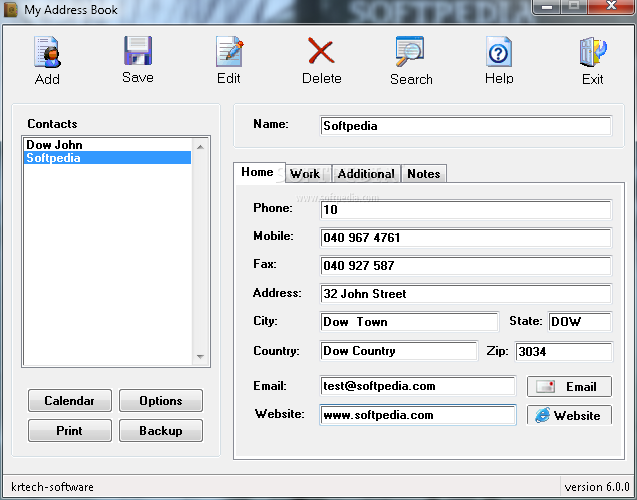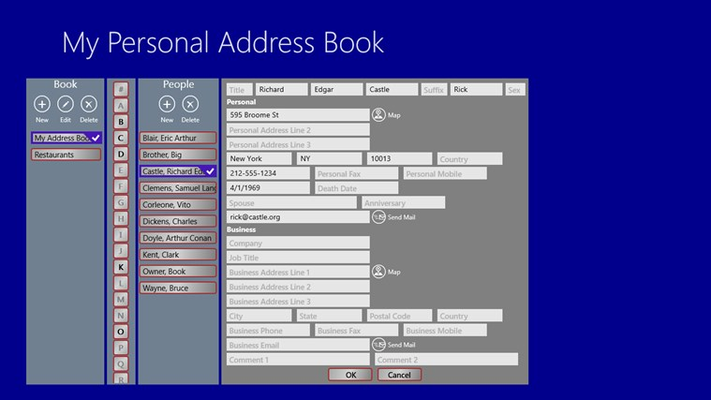
The Enduring Legacy of Diaries and Address Books
In the realm of personal chronicles, diaries and address books have long served as cherished companions, silently holding our innermost thoughts and fostering connections with the past.
From the intimate musings of Anne Frank to the detailed accounts of Lewis and Clark’s expedition, diaries have captured the ebb and flow of human experience. They offer a window into the lives of individuals, providing historians and researchers with invaluable insights into the complexities of the human psyche.
The Evolution of the Diary
The origins of diaries can be traced back to ancient civilizations, where individuals kept written records of their daily activities and observations. Over the centuries, diaries have evolved to serve a myriad of purposes, from personal reflections to historical documentation.
In the 17th century, the popularization of the diary form coincided with the rise of literacy and the growth of self-exploration. Diaries became a means of self-expression and a way to document one’s experiences for future reference.
In the modern era, the advent of digital technology has introduced new possibilities for diary-keeping. Digital diaries offer features such as password protection, search capabilities, and the ability to incorporate multimedia content, providing a secure and versatile platform for personal journaling.
The Address Book: A Repository of Connections
The address book, once a ubiquitous tool for communication, has its roots in ancient times, when individuals kept lists of names and addresses on parchment or clay tablets.
With the invention of the printing press, address books became more widely accessible, and by the 19th century, they had become an indispensable part of everyday life. Address books served as a means of maintaining social connections, facilitating letter writing, and providing a record of individuals’ whereabouts.
In the 21st century, digital address books have largely replaced their paper counterparts. These electronic directories offer advanced features such as contact synchronization, automatic updates, and the ability to categorize and manage contacts efficiently.
Tips and Expert Advice for Using Diaries and Address Books
Whether you prefer the traditional allure of paper or the convenience of digital, diaries and address books can be invaluable tools for self-reflection, organization, and preserving memories. Here are some tips and expert advice to help you make the most of these time-honored companions:
For Diaries:
- Establish a regular writing schedule to cultivate the habit of journaling.
- Be honest and reflective in your entries, exploring your thoughts and emotions without judgment.
- Consider using a writing prompt or daily questions to inspire your writing and delve deeper into your experiences.
For Address Books:
- Organize your contacts logically, using categories and subcategories to quickly locate information.
- Regularly update your address book to maintain accurate and current contact details.
- Consider using a cloud-based address book to access your contacts from multiple devices and ensure data backup.
FAQs on Diaries and Address Books
Q: What is the difference between a diary and a journal?
A: While the terms are often used interchangeably, a diary typically refers to a daily record of personal events and thoughts, while a journal may cover a broader range of topics and include more structured entries.
Q: How often should I write in my diary?
A: The frequency of writing in your diary is a personal preference. Some individuals write daily, while others may prefer to write weekly or monthly.
Q: Is it okay to share my diary with others?
A: The decision of whether or not to share your diary is a personal one. Some individuals find it therapeutic to share their thoughts and experiences with others, while others prefer to keep their diaries private.
Q: How can I protect the privacy of my address book?
A: To protect the privacy of your address book, use a password or encryption to prevent unauthorized access. Additionally, consider limiting the sharing of your address book to trusted individuals.
Conclusion
Diaries and address books, enduring through the ages, continue to serve as invaluable tools for self-expression, organization, and preserving connections. Whether you choose the traditional charm of paper or the convenience of digital, these time-honored companions offer a unique space to capture your thoughts, document your experiences, and foster meaningful relationships.
Are you interested in learning more about the fascinating world of diaries and address books? Share your thoughts and experiences in the comments below!

Image: bestwindows8apps.net